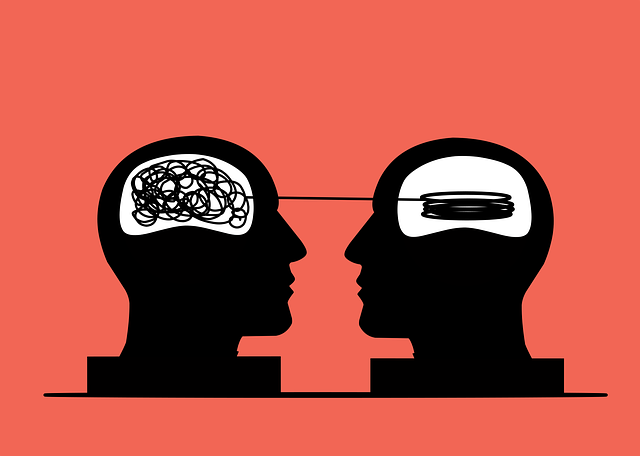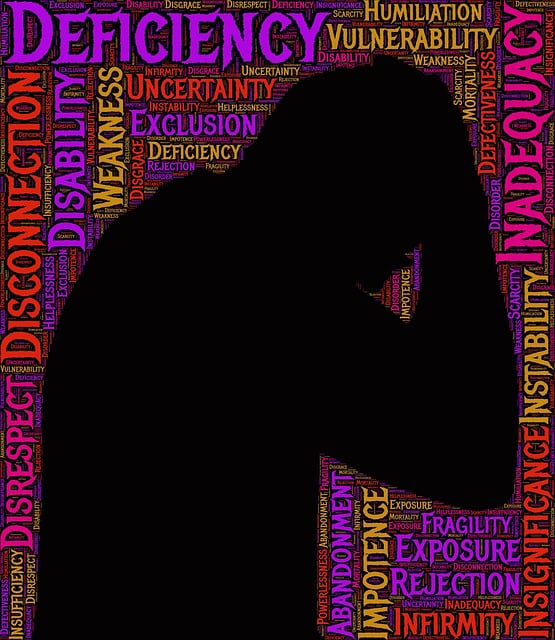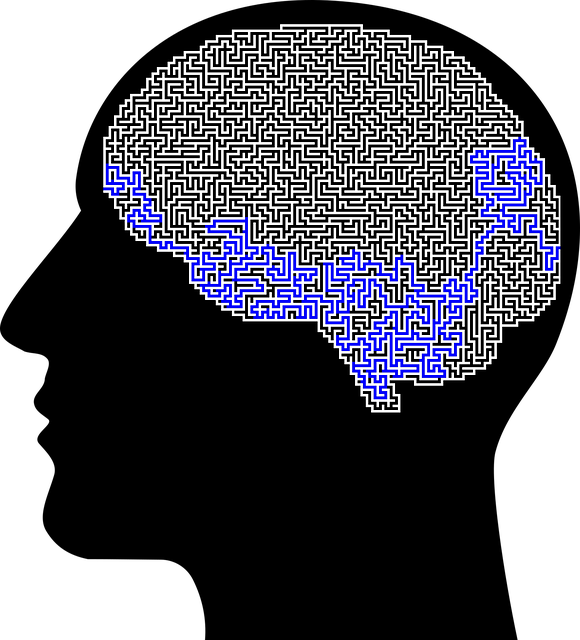Mental health advocacy is a powerful tool to combat stigma and promote understanding for conditions like conduct disorder, with significant impacts on community well-being. Northglenn Conduct Disorder Therapy (NCDT) offers an evidence-based approach, combining therapy, education, and community support to enhance emotional regulation and social skills. Effective advocacy initiatives should focus on education, awareness campaigns, and creating supportive environments through workshops, social media, school partnerships, and stress reduction practices. By challenging stigma and building safe spaces for open dialogue, NCDT leads the way in supporting mental health well-being within communities.
Mental health advocacy plays a pivotal role in creating supportive communities and improving access to care. This article explores the profound impact of such initiatives, highlighting successful examples like Northglenn Conduct Disorder Therapy. We delve into effective strategies for advocacy, focusing on stigma reduction and community engagement. By examining these approaches, we aim to inspire meaningful change, ensuring better mental well-being for all. Additionally, we shed light on how programs like Northglenn’s contribute to transforming lives and fostering a culture of understanding and support.
- Understanding Mental Health Advocacy and its Impact
- Northglenn Conduct Disorder Therapy: A Closer Look
- Strategies for Effective Mental Health Advocacy Initiatives
- Overcoming Stigma and Fostering Supportive Communities
Understanding Mental Health Advocacy and its Impact

Mental health advocacy plays a pivotal role in shaping public understanding and support for individuals grappling with mental illnesses, including conditions like Conduct Disorder often seen in Northglenn therapy settings. It involves raising awareness, challenging stigma, and advocating for better access to care and services. Through various initiatives, advocates work to ensure that mental wellness is prioritized within communities and policy realms. This includes pushing for comprehensive Mental Health Policy Analysis and Advocacy, which can lead to improved support systems and resources for those in need.
By fostering open conversations about mental health, these efforts contribute to enhanced Self-Esteem Improvement among individuals, enabling them to seek help without fear of judgment or discrimination. The impact is far-reaching, as it promotes a more inclusive and supportive society, where people with mental disorders are empowered to lead fulfilling lives. Effective advocacy can revolutionize the way communities perceive and address mental health concerns, ultimately improving overall well-being.
Northglenn Conduct Disorder Therapy: A Closer Look

Northglenn Conduct Disorder Therapy (NCDT) stands as a beacon of hope in addressing a complex mental health issue prevalent among youth. This innovative program is tailored to tackle conduct disorders, offering evidence-based practices that cater to individuals facing behavioral challenges. By employing specialized techniques, NCDT aims to improve emotional regulation and social skills, fostering healthier relationships and enhancing overall well-being.
The initiative’s effectiveness lies in its holistic approach, incorporating elements of therapy, education, and community support. Moreover, the integration of cultural competency training for healthcare providers ensures that the care is sensitive and accessible to diverse populations. This comprehensive strategy, coupled with risk assessment tools and compassion cultivation practices, promises a transformative journey towards better mental health outcomes for young people in Northglenn and beyond.
Strategies for Effective Mental Health Advocacy Initiatives

Mental health advocacy initiatives require a multi-faceted approach to be truly effective. Firstly, education and awareness campaigns are essential to combat stigma associated with mental health issues, such as Northglenn Conduct Disorder Therapy. Engaging communities through workshops, social media, and partnerships with local schools can help normalize conversations about mental wellness. This includes promoting resources like Depression Prevention programs and Confidence Boosting techniques that individuals can access within their communities.
Additionally, initiatives should foster a sense of compassion and empathy. Encouraging the practice of Compassion Cultivation Practices has been shown to reduce symptoms of stress, anxiety, and depression. By building supportive environments both in schools and public spaces, we can create safe havens where individuals feel understood and encouraged to seek help when needed. This collective effort not only supports mental health but also strengthens community bonds.
Overcoming Stigma and Fostering Supportive Communities

Stigma surrounding mental health issues, such as conduct disorder, often prevents individuals from seeking the support they need. Northglenn Conduct Disorder Therapy plays a vital role in challenging this stigma and fostering supportive communities. By providing accessible resources and platforms for open dialogue, these initiatives create an environment where people feel comfortable discussing their struggles without fear of judgment. This shift in perception is crucial, as it encourages individuals to embrace self-care routines developed specifically for better mental health.
Community-driven programs that promote mental wellness through stress reduction methods are particularly effective. They offer safe spaces for connection and understanding, strengthening social bonds that can be protective against mental health challenges. Through these collective efforts, communities become more attuned to the needs of their members, ensuring no one faces their struggles alone.
Mental health advocacy initiatives, such as exploring Northglenn Conduct Disorder Therapy, are pivotal in fostering supportive communities and overcoming stigma. By implementing effective strategies outlined in this article, we can significantly improve access to care and enhance the lives of individuals grappling with mental health challenges. Remember that collective action and understanding are key to revolutionizing mental healthcare, ensuring everyone receives the support they need.














